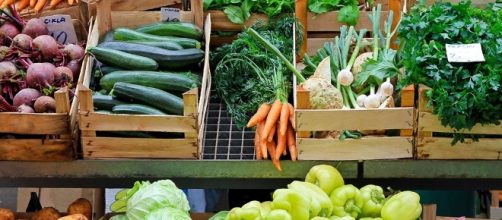Following a vegan or plant-based diet has been a widely argued topic through the past few years. Some people think it is a poor diet which only consists of fruits and vegetables, while many others claim it to be the only healthy and natural way of Eating. The truth is somewhere between the two sides.
What does this diet include?
It is mainly made up of grains, greens, fruits, and vegetables. Someone who eats plant-based can basically eat anything that does not come from animals, which means that meat, milk, dairy products, and eggs are excluded from their meals.
Most of them do not eat honey as well, as the bees are technically not harmed for it, but it is produced by them, which makes it an animal product.
Is it healthy?
There is no real answer to this question. Eating only fries, for example, would fit the requirements of this diet, but it could hardly be called healthy. However, an average vegan diet can definitely be healthier than one that includes meat and dairy. It contains less saturated fat (what is the main cause of heart diseases and high cholesterol levels), relatively fewer calories, more vitamins and it is easier for the digestive system to process. When it comes to micronutrients, it might be slightly more difficult to take in vitamin D, calcium, iron, vitamin B12, omega-3 fatty acids, and zinc.
By following a well-planned plant-based diet, the chances of any nutrient deficiency are very low. Even lower than with an average diet. The only exceptions are raw vegan and fruitarian (which followers eat fruits only) diets, because eating nothing other than fruits and vegetables require a lot more planning in order to keep it healthy, but it is not impossible at all.
The best foods for vegans
Vitamin B12 is one of the most important vitamins that vegans are worried about. Although, most non-dairy milk (for example soy, coconut or rice milk) contain more than enough of it. The most argued point of veganism is protein, but there is absolutely no need to worry about it. We need 0.8-1 grams of protein per kilogram of body weight daily, which can not only be found in animal products.
The best protein sources are pumpkin seeds (33g/100g), peanut butter (25g/100g), hemp seed, almonds, and flax seed.
You do not have to give up your favorite foods either. Oreos, most of Lay’s chips, peanut butter granola bars, dried pasta, ketchup, mustard, bagels, Sriracha, BBQ Sauce Doritos, and many other childhood favorites are all made from plants.


